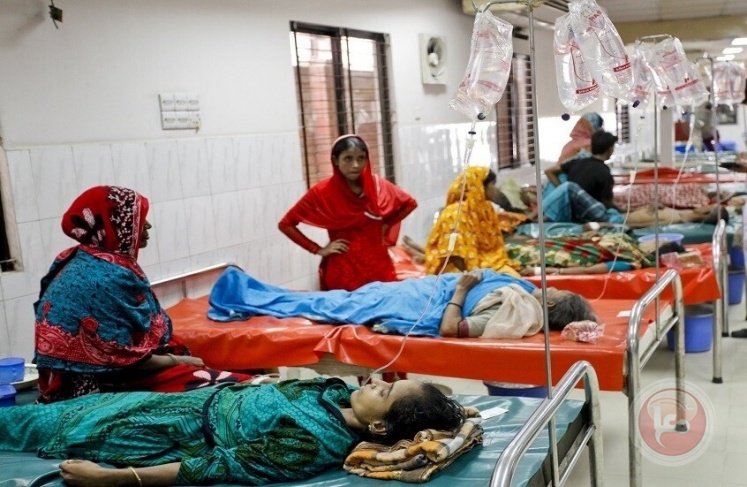Sudanese Health: Control of Cholera in Khartoum and Rise in Cases in Darfur

The Sudanese Minister of Health, Haitham Ibrahim, announced the success of efforts to contain the cholera epidemic in the capital, Khartoum, noting that the death toll has recorded zero. However, he warned of increasing rates of infection and death in the Darfur region, especially in the "Tawila" area, where 400 cases and 30 deaths were recorded last week.
Ibrahim explained, in a statement on Sunday, that the ministry was able to distribute medical aid to seven localities in North Darfur state, but faced difficulties in conducting an aerial relief drop for the city of El Fasher "due to the blockade by the Rapid Support Forces".
For its part, the World Health Organization revealed in a statement issued last Thursday that nearly 100,000 cholera cases have been recorded in Sudan since July 2024. The organization's Director-General, Tedros Adhanom Ghebreyesus, confirmed during a press conference in Geneva that "the cholera epidemic has spread in Sudan, with all states reporting outbreaks," pointing to vaccination campaigns being implemented in several areas, including Khartoum.
Tedros warned that recent floods could exacerbate health conditions, stating: "Floods are expected to worsen malnutrition and fuel a new outbreak of cholera, malaria, dengue fever, and other diseases".
It is worth noting that cholera is an acute intestinal infection transmitted through contaminated food and water, causing severe diarrhea and vomiting, and can lead to death within hours if not treated.
The health crisis in Sudan has been exacerbated by the ongoing conflict since April 2023 between the army and the Rapid Support Forces, which has led to the displacement of millions and rising hunger rates, with the World Health Organization warning of 770,000 children under five suffering from acute malnutrition this year.